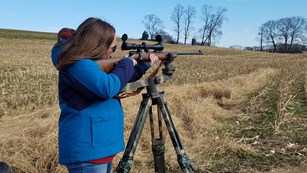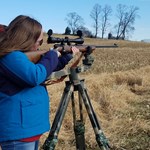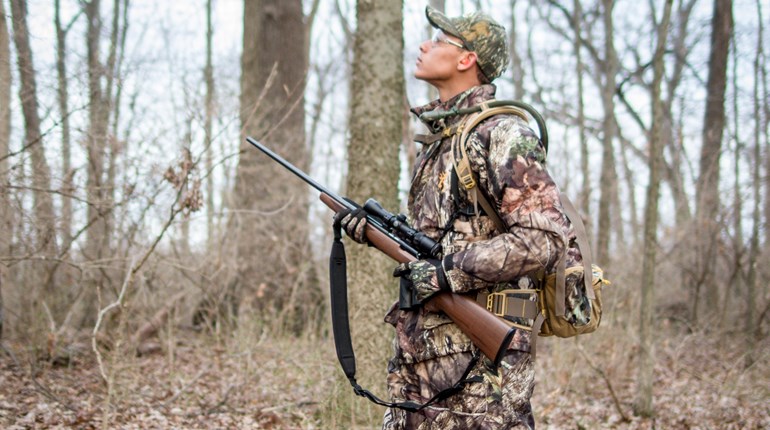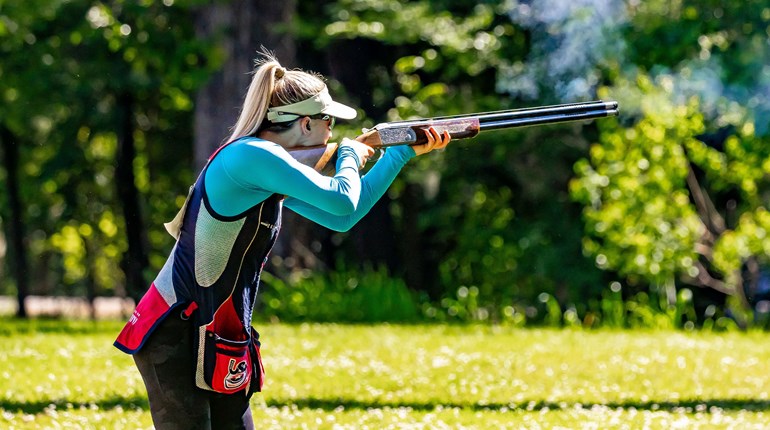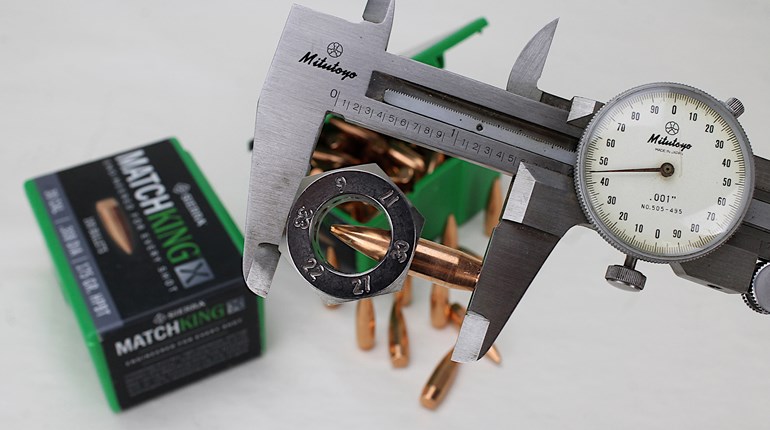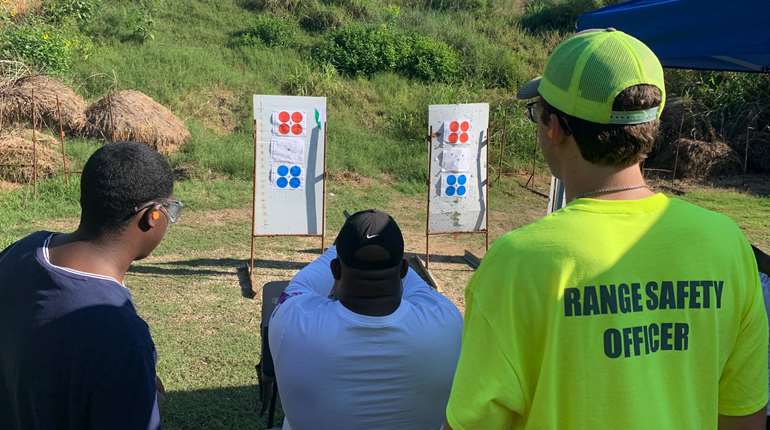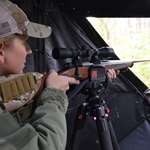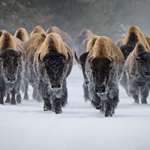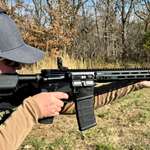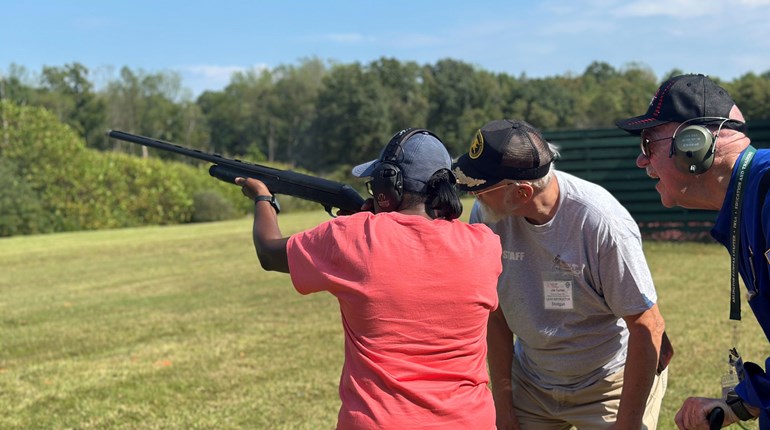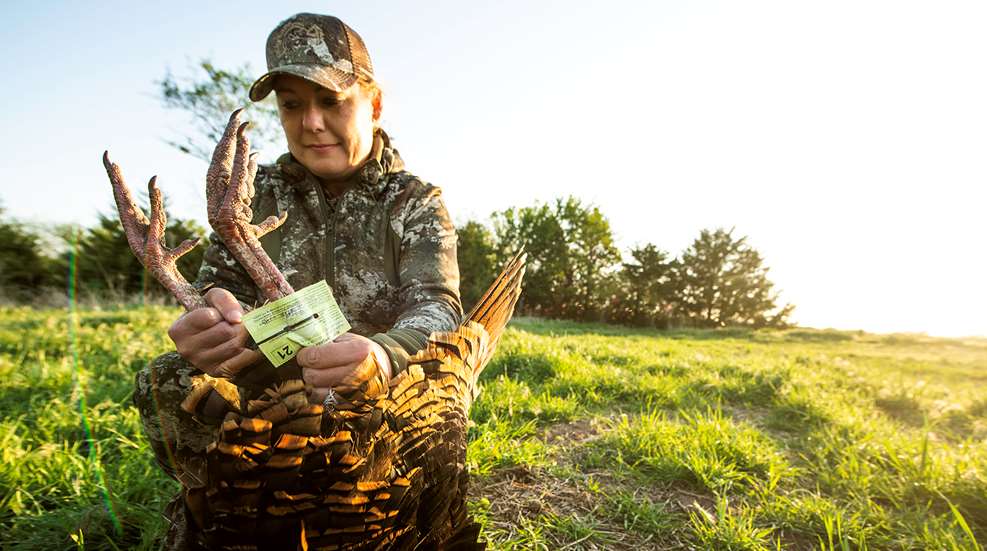
Hunting is highly regulated across the country by both federal and state agencies. This regulation assists in conservation efforts and ensures wildlife isn’t over hunted or inhumanely harvested. So, while it can be frustrating or confusing, these rules and requirements are extremely necessary and benefit the environment. Here is a simple list of the permits, licenses and documents you might need for your next hunting adventure.
Hunter Education
Many states require you to complete hunter education before buying a hunting license. Find out what to expect from the online course here. Certain state's Hunter-Ed online classes require state residency and participation in an in-person field course or skills day. The cost of the online course varies, ranging from approximately $20 to $30. Some species require additional educational courses in certain states so it’s important to keep up with your local fish and game department’s regulations.
Hunting License
You must have a hunting license from the state where the hunt occurs and comply with the state fish and game department requirements associated with that license. For instance, if you’re hunting small game, you may only need a small-game license, but if you’re hunting big game, you would need to purchase the big-game license as well as any applicable tags. States also differentiate between resident and non-resident licenses. Typically, this is designed to award residents more hunting opportunities than non-residents or at least at a lower price. There are also licenses specifically for different hunting methods such as muzzleloaders and archery. Depending on the state, species, season and method, these requirements will vary. Hunting licenses can generally be purchased online or at any retail outlet that deals in hunting and fishing equipment, such as sporting goods stores.
Hunting Tags
For abundant species that will experience widespread harvest, hunters that meet the age and safety requirements can purchase over the counter tags prior to their hunt. These are easy to find and can be found in a variety of places: online, fish and game offices, sporting goods stores, etc. There are other tags that are limited in availability or operate on a lottery system. These drawn tags sometimes rely on preference or bonus points. These are slightly different systems that both offer those that have previously put in for a tag unsuccessfully a higher chance of success. Those with the most preference points will draw their tags first and those with no preference points will draw last, if at all. Bonus points reward past entrants with additional chances for their name to be drawn. These systems differ by state and species and some tags are harder to draw than others.
Federal Duck Stamp
Every hunter over the age of 16 must purchase and carry a federal duck stamp when waterfowl hunting. Ninety-eight cents of every dollar from duck stamp sales goes to purchase wetlands and wildlife habitat as a part of the National Wildlife Refuge System. This means that hunters account for a large portion of duck stamp sales and are in turn actively supporting the acquisition and protection of wetlands. However, we aren’t the only ones. A current federal duck stamp is a free pass into any national wildlife refuge that charges an entry fee. Therefore, birders, nature photographers and other outdoor enthusiasts buy suck stamps to access their favorite outdoor spots while supporting the wildlife. One-third of America’s threatened species make their home in wetlands, so restoring the nearly 6 million acres of habitat is crucial for birds and other wildlife.
HIP Number
Initiated in California, South Dakota and Missouri in 1992, the Harvest Information Program (HIP) is an effort to improve the management of North America's migratory birds. In 1998, it was implemented in all 50 states. HIP is a cooperative state and federal program to gather accurate information on the size and distribution of harvest of all migratory birds. This means if you’re hunting ducks, coots, geese, brant, swans, doves, woodcock, rails, snipe, sandhill cranes, band-tailed pigeons or gallinules you’re required to obtain a HIP number. In turn, state agencies provide a list of migratory bird hunters' names and addresses to the USFWS, which surveys a representative sample of hunters in each state to monitor migratory bird harvests. HIP is only used to gather information and does not raise money for conservation programs.








